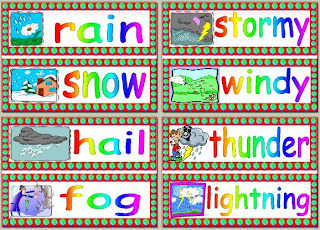English uses thousands of them all the time. It is so important to know some of the more common phrasal verbs.
A good way to find out what some of them might be is to read a newspaper in an English speaking country. In the headlines you will see phrasal verbs, slang and idioms. Beware however because headlines change the tense to simple present and eliminate prepositions and articles. Also, sometimes one idiom is blended with another. In any case, reading a newspaper is excellent practice.
There is also a very good website for all things grammar. It is:
www.theenglishclub.com
Here is a sampling of what this website has about phrasal verbs:
Phrasal Verbs and other multi-word verbs
Phrasal verbs are part of a large group of verbs called "multi-word verbs". Phrasal verbs and other multi-word verbs are an important part of the English language. Multi-word verbs, including phrasal verbs, are very common, especially in spoken English. A multi-word verb is a verb like "pick up", "turn on" or "get on with". For convenience, many people refer to all multi-word verbs as phrasal verbs. These verbs consist of a basic verb + another word or words. The other word(s) can be prepositions and/or adverbs. The two or three words that make up multi-word verbs form a short "phrase" - which is why these verbs are often all called "phrasal verbs".
The important thing to remember is that a multi-word verb is still a verb. "Get" is a verb. "Get up", is also a verb, a different verb. "Get" and "get up" are two different verbs. They do not have the same meaning. So you should treat each multi-word verb as a separate verb, and learn it like any other verb. Look at these examples. You can see that there are three types of multi-word verb:
| single-word verb | look | direct your eyes in a certain direction | You must look before you leap. | |
| multi-word verbs | prepositional verbs | look after | take care of | Who is looking after the baby? |
| phrasal verbs | look up | search for and find information in a reference book | You can look up my number in the telephone directory. | |
| phrasal-prepositional verbs | look forward to | anticipate with pleasure | I look forward to meeting you. | |
Why does English use phrasal verbs? Why indeed! Possibly because phrasal verbs use less words to communicate an idea.
Again, if you have any questions, please email and we will attempt to answer them all.

